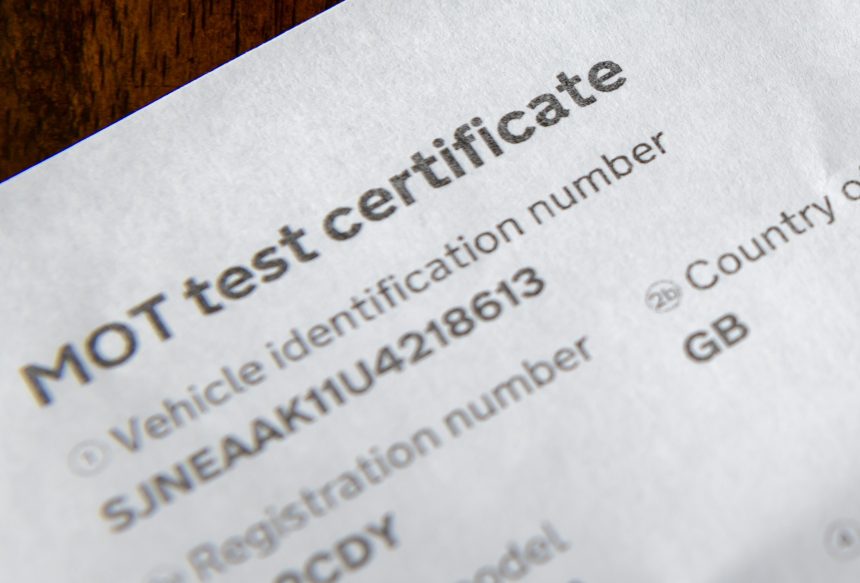DVSA has completed its move to digital MoT pass certificates as a default for heavy vehicle types, including coaches and buses.
From 29 April, operators of those will no longer be issued with a hard copy pass certificate. Instead, they should view, download and, if necessary, print that document from the MoT History Service. Failure notifications will continue to be provided in paper form. DVSA says that is “to ensure that operators are fully aware of the vehicle repairs that are required.”
Upon a test pass for a heavy vehicle, the result will be uploaded to the MoT History Service almost instantly, the Agency continues. It adds that the change “will save operators and businesses time by not having to file or keep certificates.” A further benefit is cited as a reduction in paper usage.
The move forms part of wider modernisation of the heavy vehicle testing regime, with Head of Vehicle Testing Gordon Thomson adding that the Agency looks forward “to working with the industry to further develop our digital services.”
Easier online access to ‘ministry plate’ details and a removal of the need to affix such laminated documents to vehicles has already been suggested as one of those future steps, although DVSA has not yet shared any further information about that work.
Mr Thomson previously wrote on the DVSA Moving On blog that where an operator has difficulty in accessing the internet, a pass certificate will still be printed at the testing facility. Pass certificates can be downloaded from the MoT History Service back to 2021.
While failure notifications continue to be printed at the testing facility, Mr Thomson earlier said that DVSA was considering whether the same digitalisation exercise could be taken with those as pass certificates, with feedback from relevant industries welcomed as part of that.



























